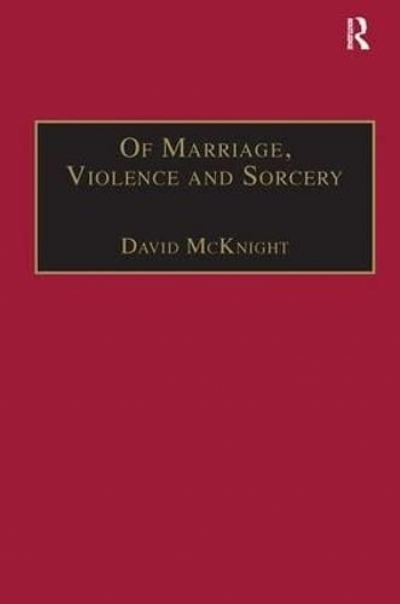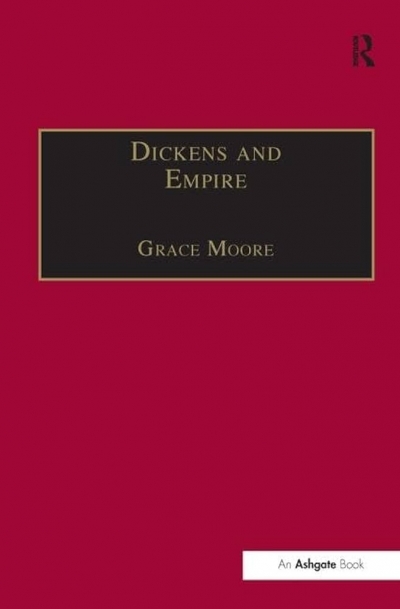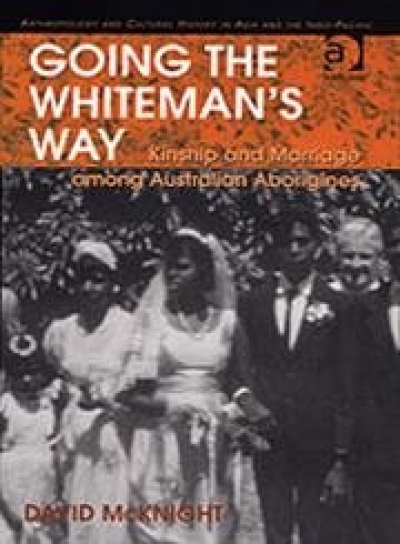Ashgate
Of Marriage, Violence and Sorcery: The quest for power in Northern Queensland by David McKnight
by Inga Clendinnen •
Dickens and Empire: Discourses of class, race and colonialism in the works of Charles Dickens by Grace Moore
by Graham Tulloch •
Going The Whiteman’s Way: Kinship And Marriage Among Australian Aborigines by David McKnight
by Inga Clendinnen •
The Third Try by Alison Broinowski and James Wilkinson & Australian and US Military Cooperation by Christopher Hubbard
by Daniel Flitton •




